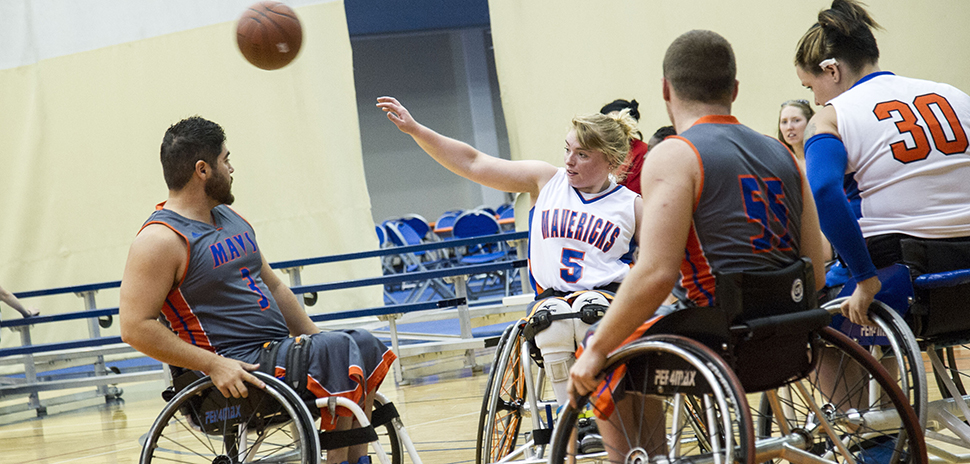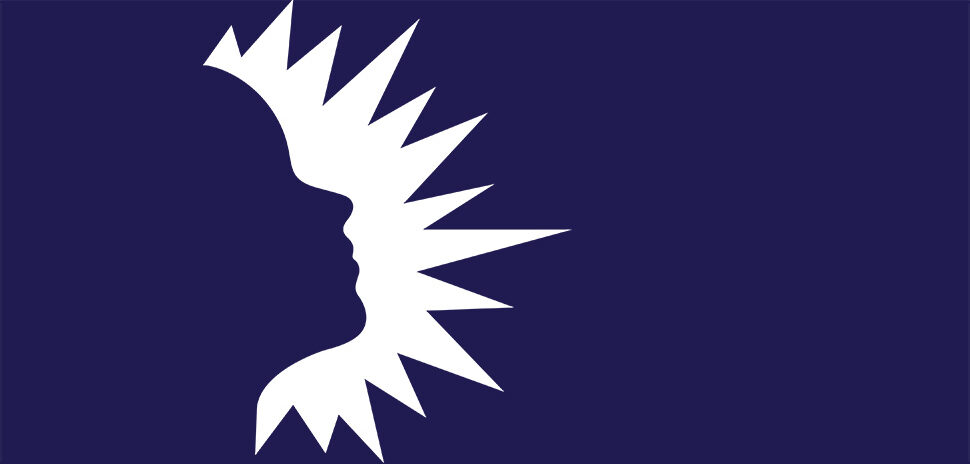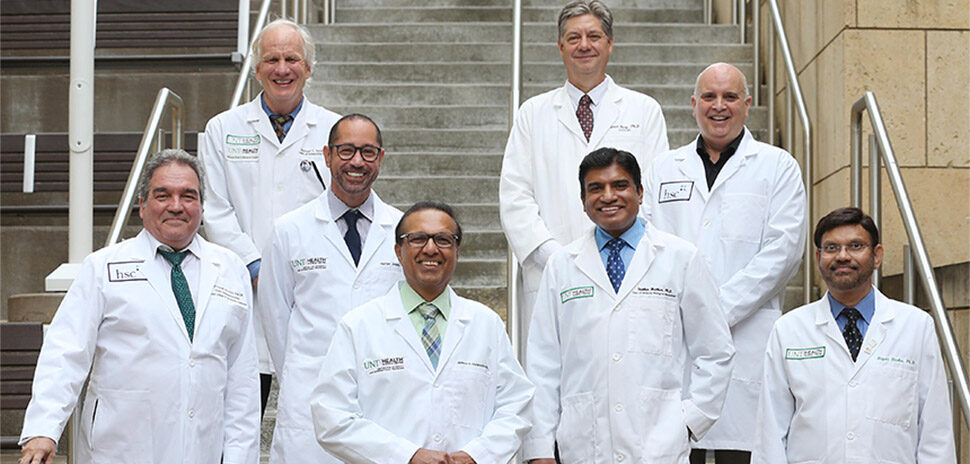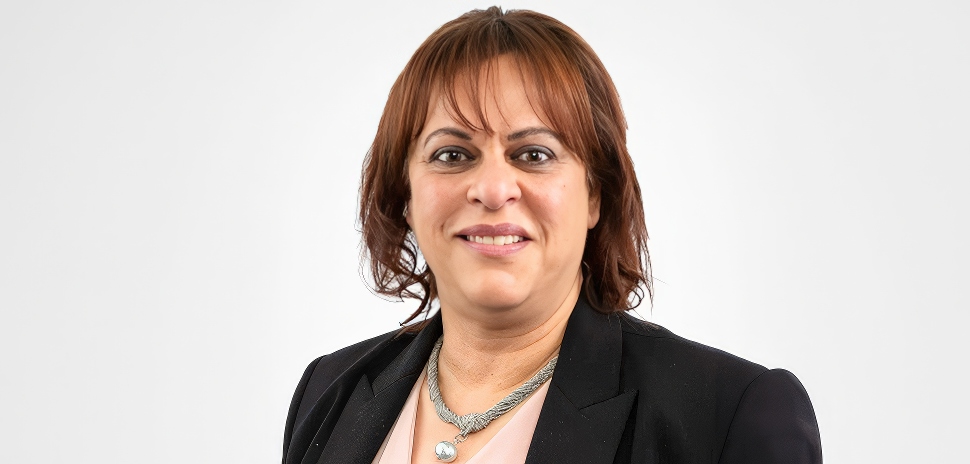The University of Texas at Arlington is working to create a campuswide assistive technology program that could help reduce barriers faced by people with disabilities.
The program got a boost recently with a $381,778 Research Experiences for Undergraduates grant from the National Science Foundation.
UTA computer scientists and faculty associated with the disability studies minor in the College of Liberal Arts were awared the grant to fund the program that will teach undergraduate students, particularly minority and female students with disabilities, how to design the assistive technology.
“With our ties to community resources, participants will receive important feedback about things that will improve lives.”
Sarah Rose
“We’re excited about this grant because it will give students research experience while they gain a deeper understanding of the barriers encountered by people with disabilities and the value of universal design, or designing for a wide range of bodies and abilities,” said Sarah Rose, associate professor of history and director of the disabilities studies minor, and a co-principal investor on the program.
“With our ties to community resources, participants will receive important feedback about things that will improve lives,” Rose said.
Ishfaq Ahmad, professor in the Computer Science and Engineering Department is the principal investigator, UTA said. Other co-principal investigators are Julienne Greer, assistant professor in theater arts; and assistant professors of computer science and engineering Manfred Huber and Vassilis Athitsos.
Examples of assistive techologies are the expensive sports wheelchairs such as those used by the university’s champion wheelchair basketball teams, that could have cheaper alternatives students with disabilities in area school districts could use, UTA said.
The university plans to bring eight students per year to the campus for a 10-week summer session where they will learn research skills and basic disability studies concepts, as well as work on assistive technologies.
You can find out more about the program here.
Get on the list.
Dallas Innovates, every day.
Sign up here to get what’s new and next in Dallas-Fort Worth.





































































